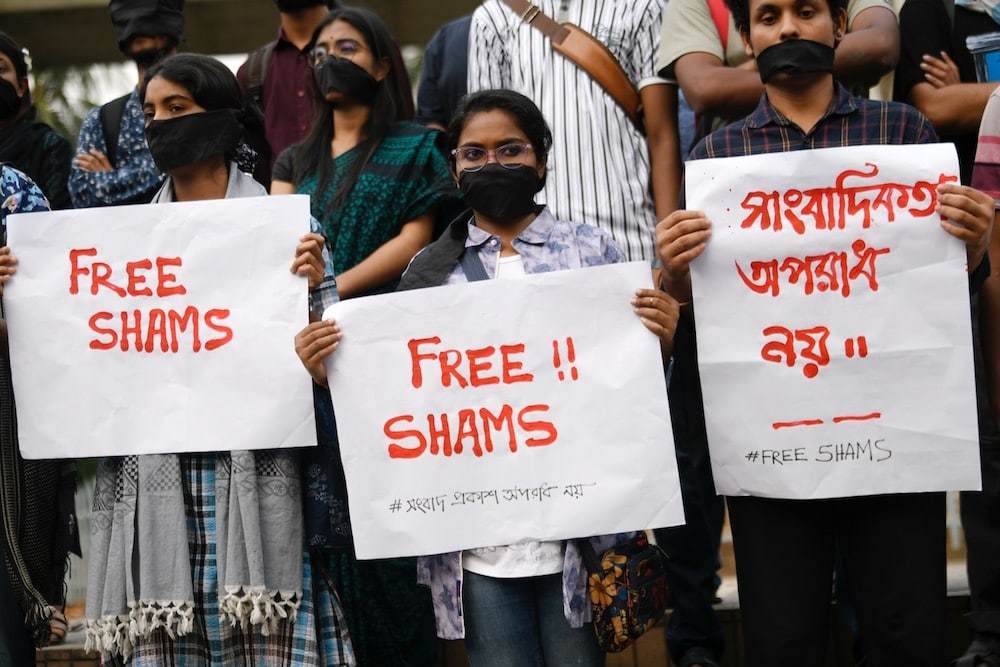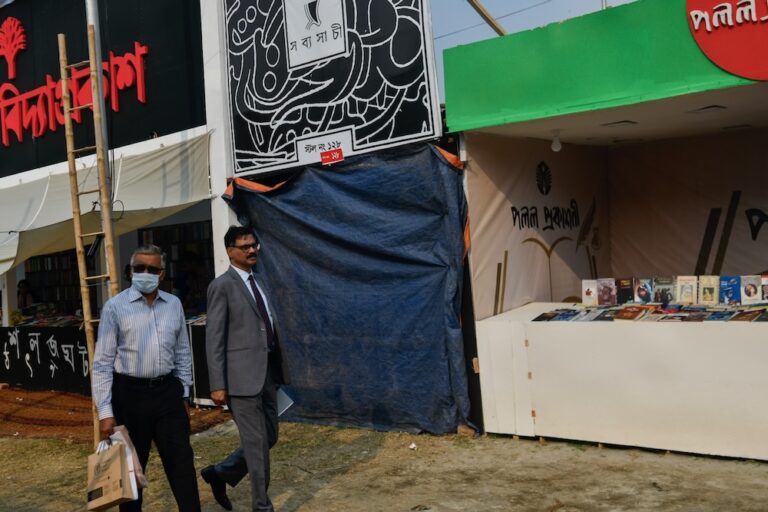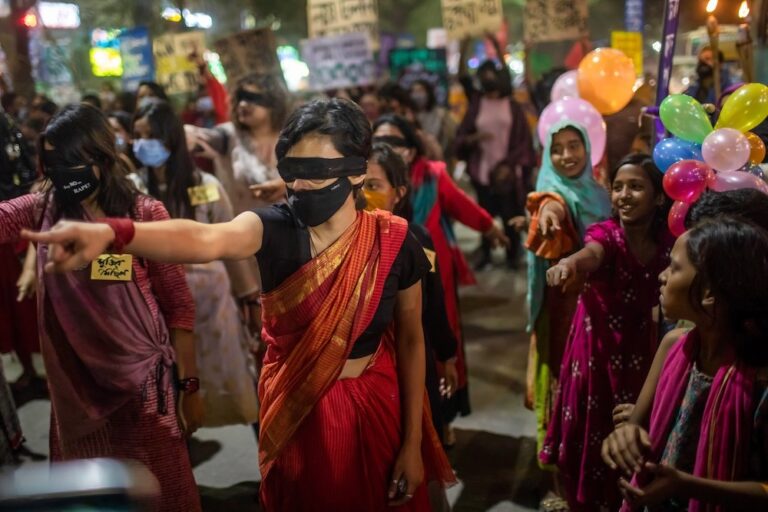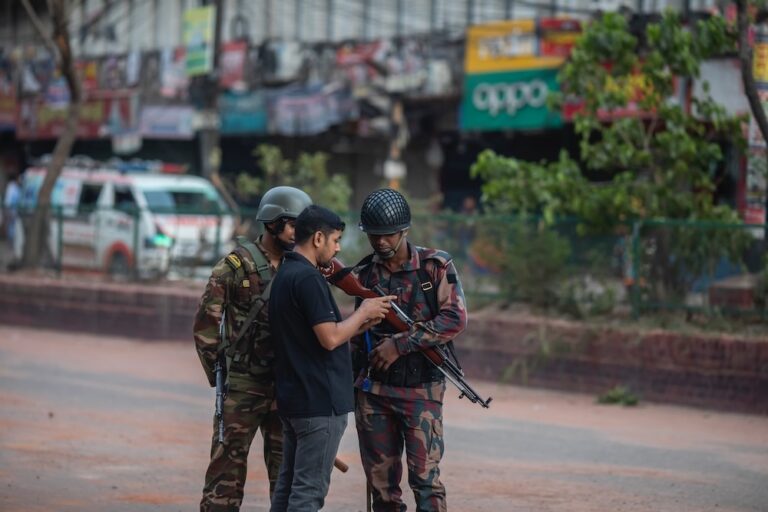"Authorities must immediately and unconditionally release Shams and cease harassing journalists under the Digital Security Act, which has repeatedly been used to muzzle critical voices" - CPJ
This statement was originally published on cpj.org on 29 March 2023.
Bangladesh authorities must immediately and unconditionally release journalist Shamsuzzaman Shams, drop any investigation into his work, and ensure the staff of the Prothom Alo newspaper can report without interference or fear of reprisal, the Committee to Protect Journalists said Wednesday.
At around 4 a.m. on Wednesday, March 29, a group of about 15 people in plain clothes identifying themselves as members of the police Criminal Investigation Department detained Shams, a Prothom Alo correspondent, from his home in the town of Savar, on the outskirts of the capital city of Dhaka, according to multiple news reports and a person familiar with the case, who spoke on the condition of anonymity, citing fear of reprisal.
Following a complaint by a local political leader filed at the Dhaka Tejgaon police station, dated 2:15 a.m. Wednesday, which CPJ reviewed, authorities opened an investigation into Shams under the Digital Security Act.
As of Wednesday evening, Shams had not been presented in court and police had not confirmed his whereabouts, according to the person who spoke with CPJ.
“The arrest and harassment of Bangladeshi journalist Shamsuzzaman Shams under the draconian Digital Security Act is an excessive reaction by authorities that smacks of intimidation,” said Carlos Martinez de la Serna, CPJ’s program director, in New York. “Authorities must immediately and unconditionally release Shams and cease harassing journalists under the Digital Security Act, which has repeatedly been used to muzzle critical voices.”
The police investigation launched into Shams was based on a complaint by Syed Md. Golam Kirbria, a leader of the Jubo League, a youth wing of the ruling Awami League party.
Kibria accused Shams of publishing “false news” and using an erroneous image in a March 26 Prothom Alo article about rising food prices in the country.
That article and a post by Prothom Alo on Facebook briefly used a child’s photo to accompany a quote from an adult laborer about price hikes; the outlet swiftly removed the Facebook post and re-published the article on its website and Facebook page with a correction, according to those news reports and the person who spoke to CPJ.
Shams is accused of violating five sections of the Digital Security Act: the publication or transmission of offensive, false, or threatening information; unauthorized collection or use of identity information; publication or transmission of defamatory information; publication or transmission of content that deteriorates law and order; and abetment of an offense, according to the first information report.
The first four offenses can carry prison sentences of three to seven years in prison and fines of 300,000 to 500,000 taka (US$2,809 to $4,681), according to the law, which says abetment can carry the same punishment as committing the offense itself.
CPJ has repeatedly documented the use of the Digital Security Act to jail and harass journalists in retaliation for their work. Law Minister Anisul Huq has repeatedly said that no journalist will be immediately arrested following the registration of a complaint under the law.
When reached via messaging app, Dhaka district police superintendent Md. Asaduzzaman referred CPJ’s request for comment to the press wing of the police headquarters. CPJ called and messaged Roy Niyati, a Dhaka metropolitan police spokesperson, but did not receive any replies.
Kibria did not respond to CPJ’s request for comment sent via messaging app.



